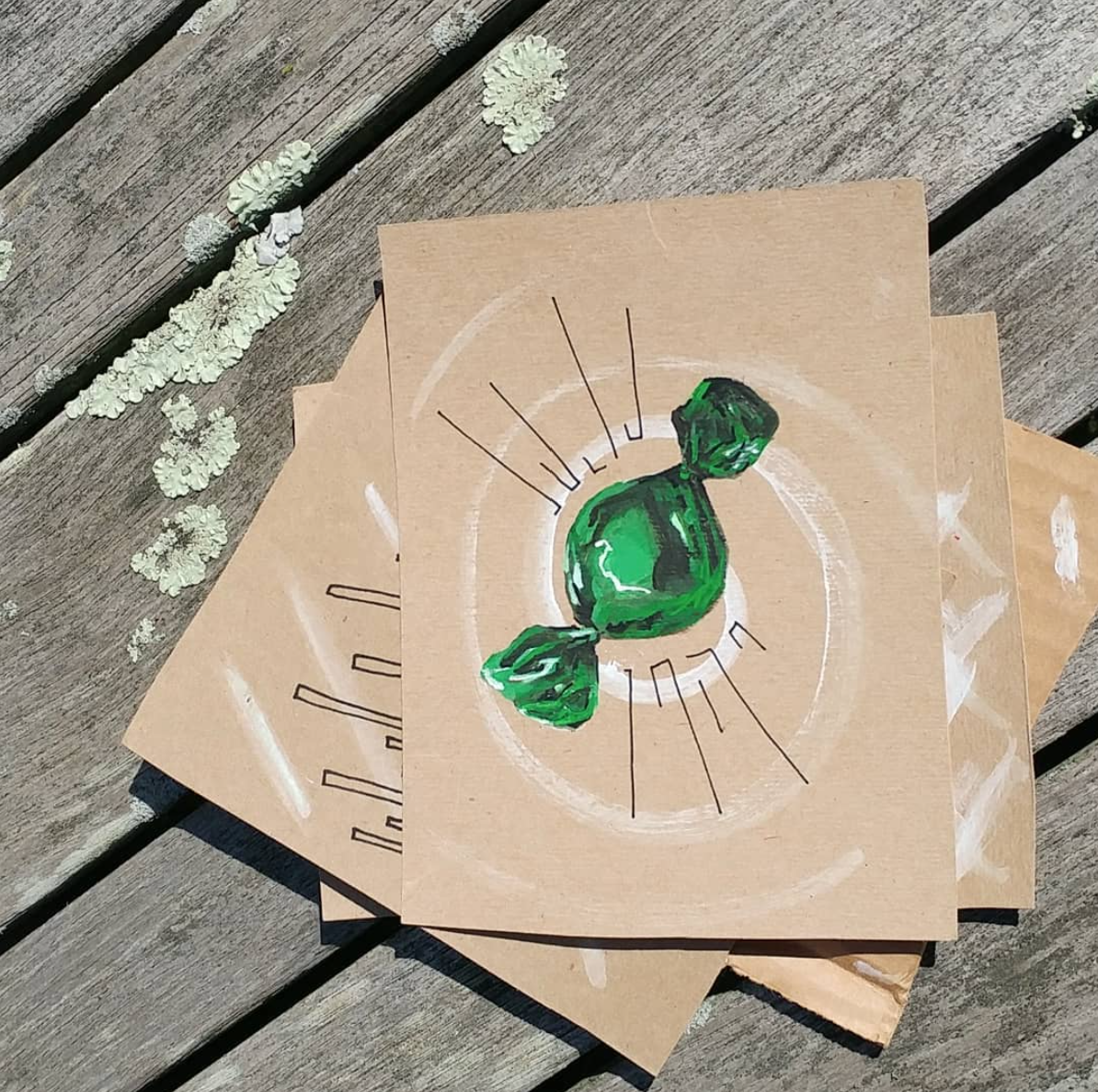Is “food addiction” is real? Despite similarities between junk food consumption and drug addiction, one is still more extreme than the other. Here is how the two compare: (1) a main criteria for labeling something addictive is its ability to produce withdrawal symptoms, like a fever induced by quitting smoking cold turkey. Quitting cookies may increase cravings, but there aren’t really physical withdrawal symptoms. (2) Another criteria for addiction relates to how people obtain it. Alcoholics may jeopardies themselves and others financially, or legally, to obtain more alcohol. Maybe a lack of awareness for food addiction is preventing relevant stories of becoming common knowledge, but “addiction-like” behavior for obtaining yummy foods is hard to elicit in animals. (3) Finally, the brain areas related to addiction become more active with heroin use than yummy diets. Perhaps the overlap in the brain areas indicate “addiction,” but these brain areas become active with anything that feels good. This would include playing video games and finishing homework early. Some neuronal changes (cellular and molecular changes) in mice after eating a fatty diet resemble that after cocaine use, but not always.
There are elements of “food addiction” that’s reflected in opioid addiction, but the extent and the severity is much less when it comes to ice cream cake. The controversy for “food addiction” comes down to where the threshold is set for how severe the symptoms have to be to be called an “addiction.” Maybe addiction will be more of a spectrum one day.



Originally posted on Instagram May 16, 2018

No Responses